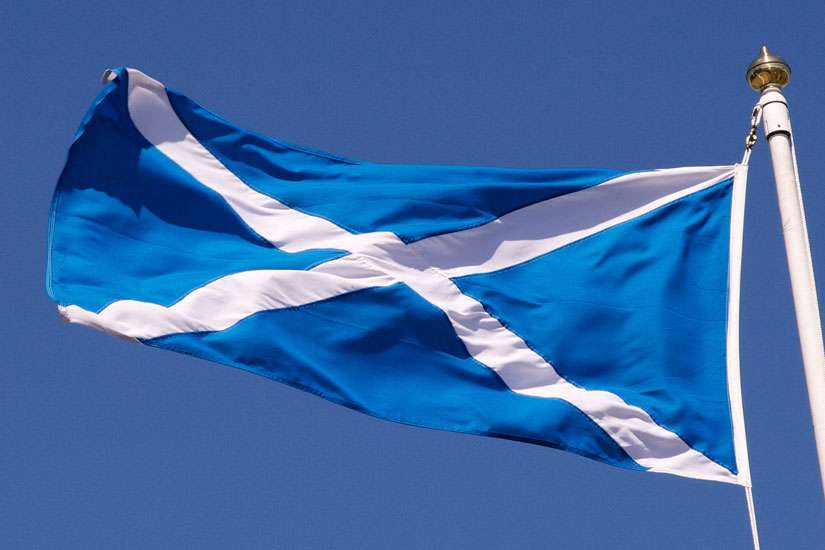The 52 percent of unaffiliated Scots represents a 12 percent jump from 16 years ago, when 40 percent of survey respondents said they had no religious affiliation.
The proportion of people who say they belong to the Church of Scotland — the Presbyterian Church that for so long dominated almost every aspect of life in that country — has fallen dramatically, to just 20 percent, down from 39 percent of the population in 1999.
“The survey’s findings show that Scottish commitment to religion, both in terms of our willingness to say we belong to a religion and to attend religious services, is in decline,” said Ian Montagu, a researcher at ScotCen Social research in Edinburgh, which runs the annual surveys.
“This change doesn’t appear to be affecting all religions equally,” he added. “Affiliation with the Church of Scotland is in decline while levels of identification with other religions remains relatively unchanged.”
After the Church of Scotland, the largest Christian group is the Roman Catholic Church. Its numbers have recently been boosted by an influx of people from the European Union, particularly Poland.
The 2015 survey interviewed 1,288 people between July 2015 and January 2016.
“We are developing fresh expressions of church alongside traditional forms in order to engage with people,” said Colin Sinclair, convener of the Church of Scotland’s Mission and Discipleship Council.
“We have contacted those who have stopped attending church but want to hang on to their Christian faith,” he added. “We want to hear their stories and understand the lessons we can learn from them.”


